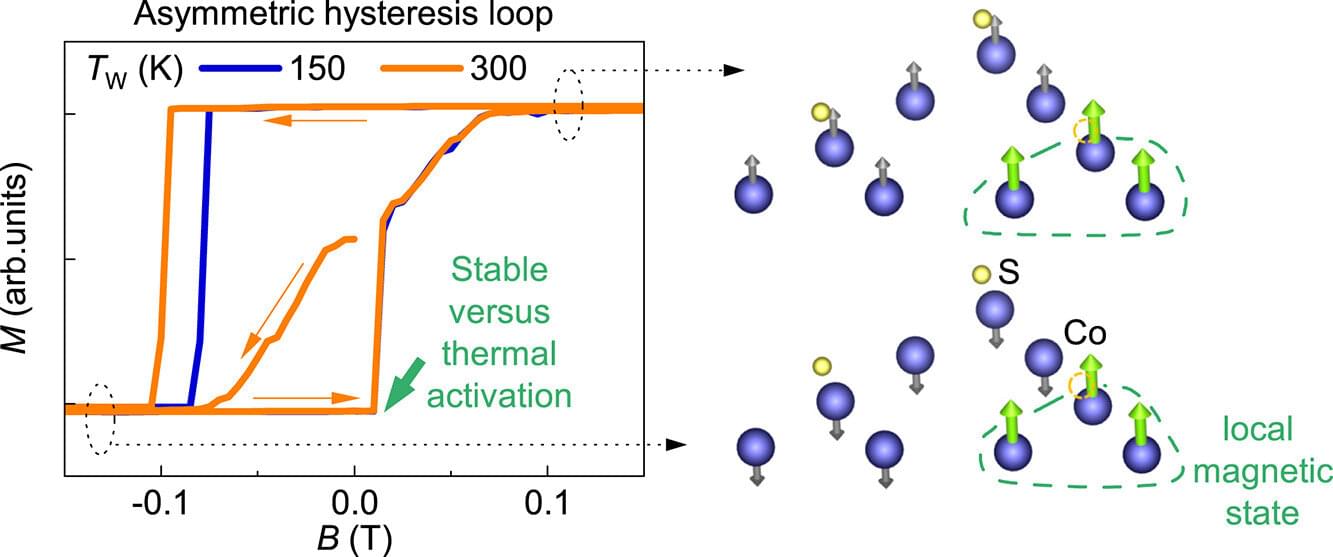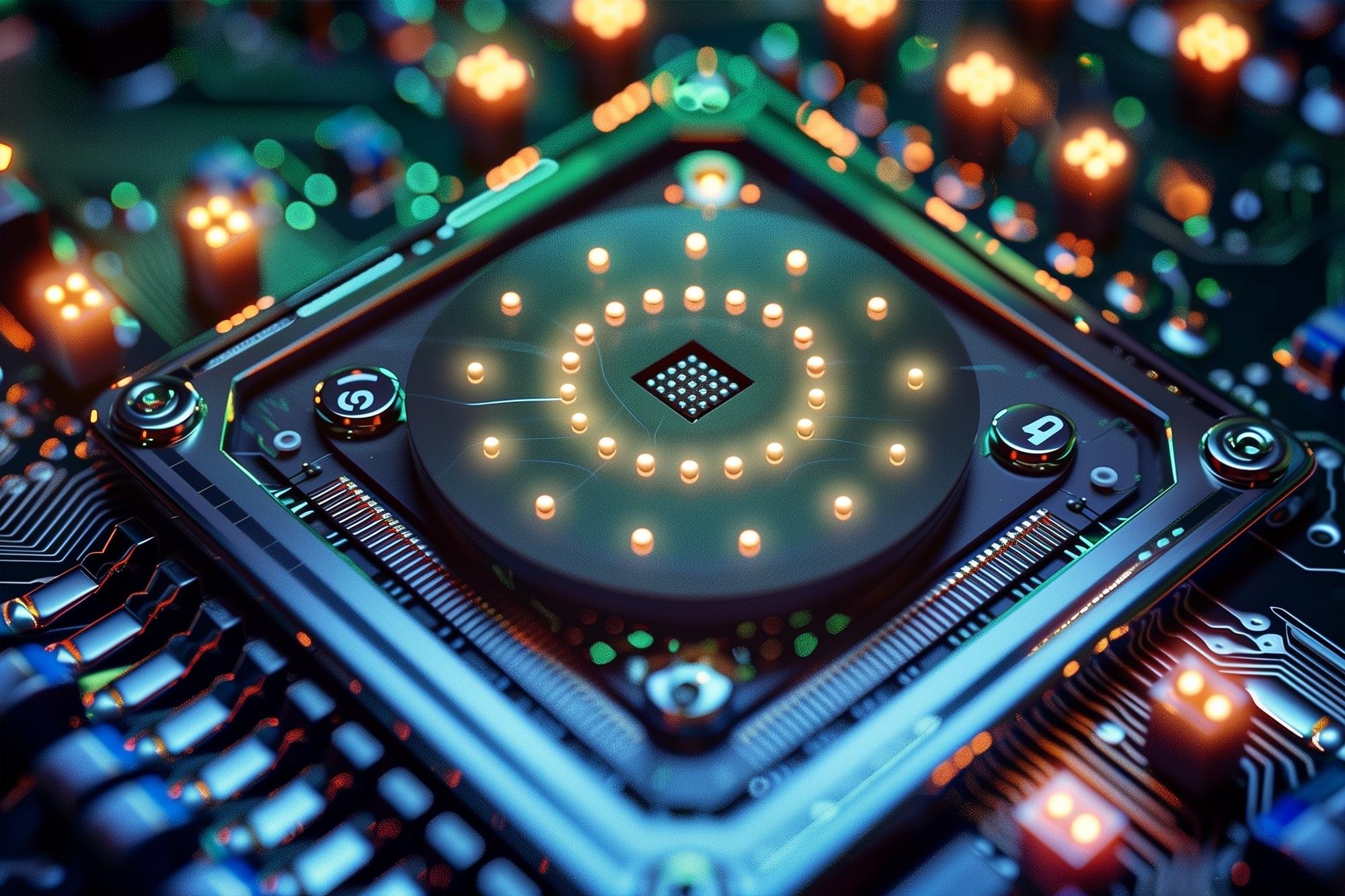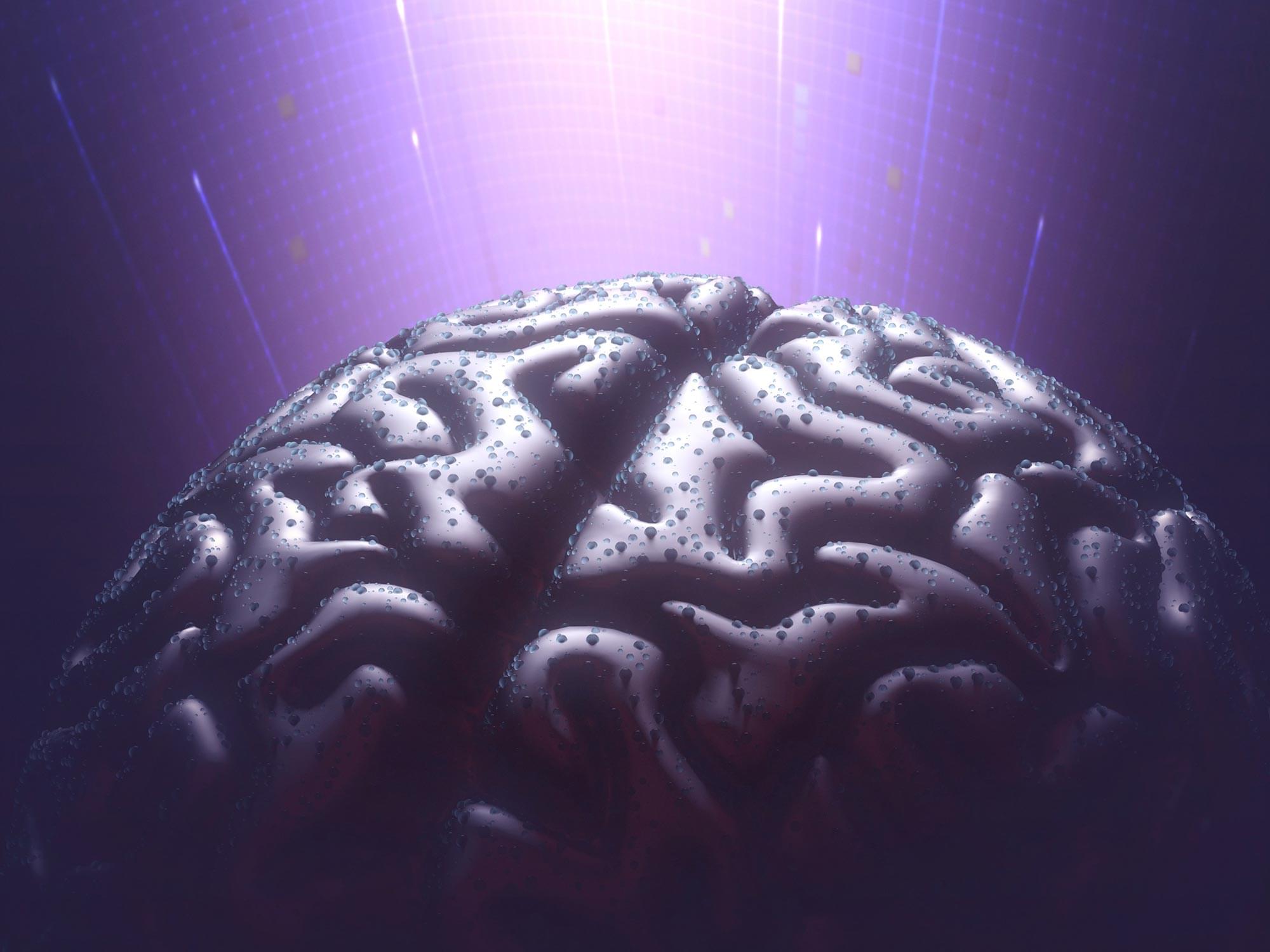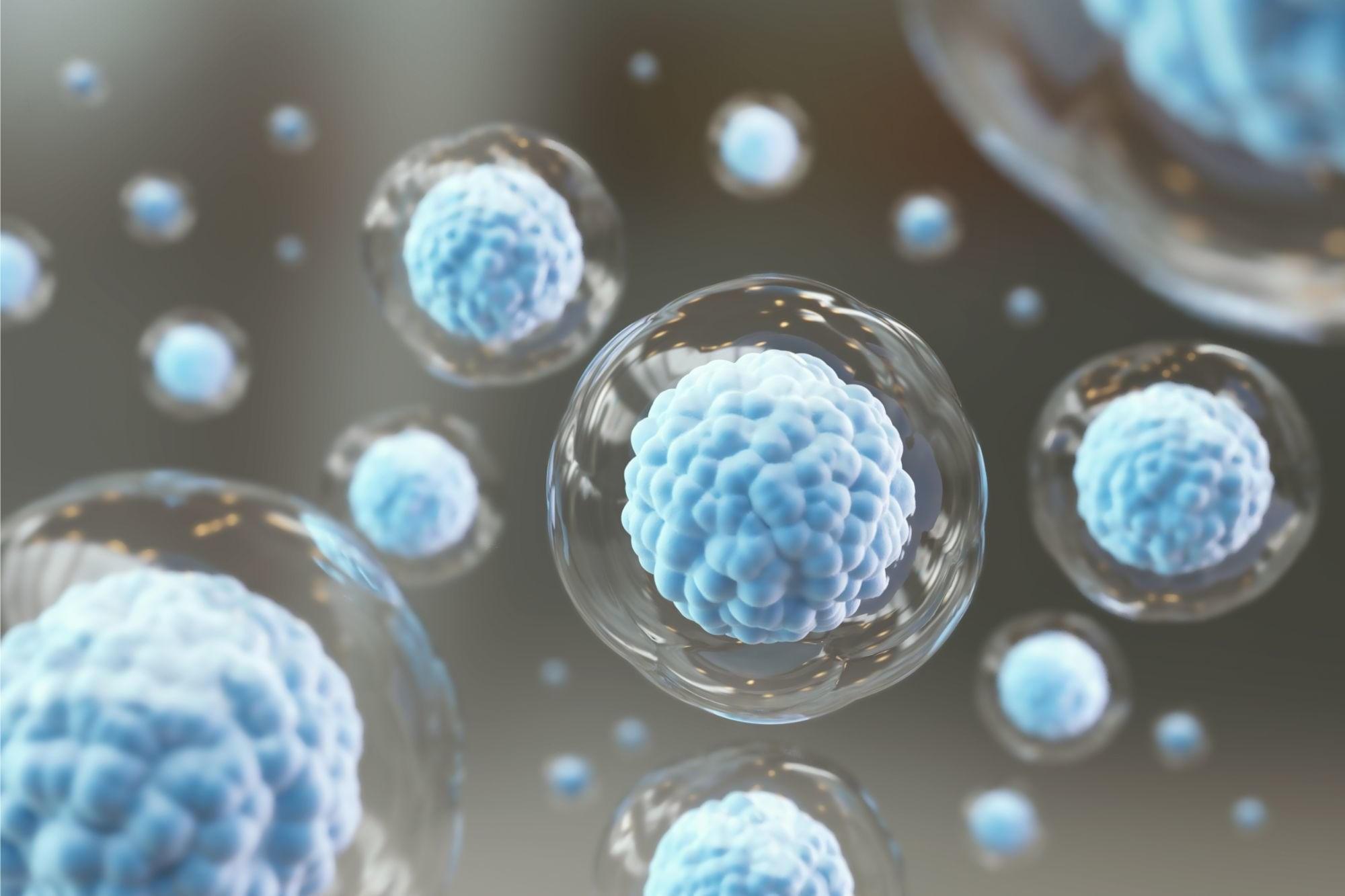Recently, a research team found a new way to control the magnetic reversal in a special material called Co3Sn2S2, a Weyl semimetal. The team was led by Prof. Qu Zhe from the Hefei Institutes of Physical Science of the Chinese Academy of Sciences, in collaboration with Prof. Liu Enke from the Institute of Physics of the Chinese Academy of Sciences.
“This discovery could help switch the magnetization of devices that rely on magnetic properties,” said Prof. Qu, “such as hard drives and spin-based technologies.”
The results were published in Materials Today Physics.








